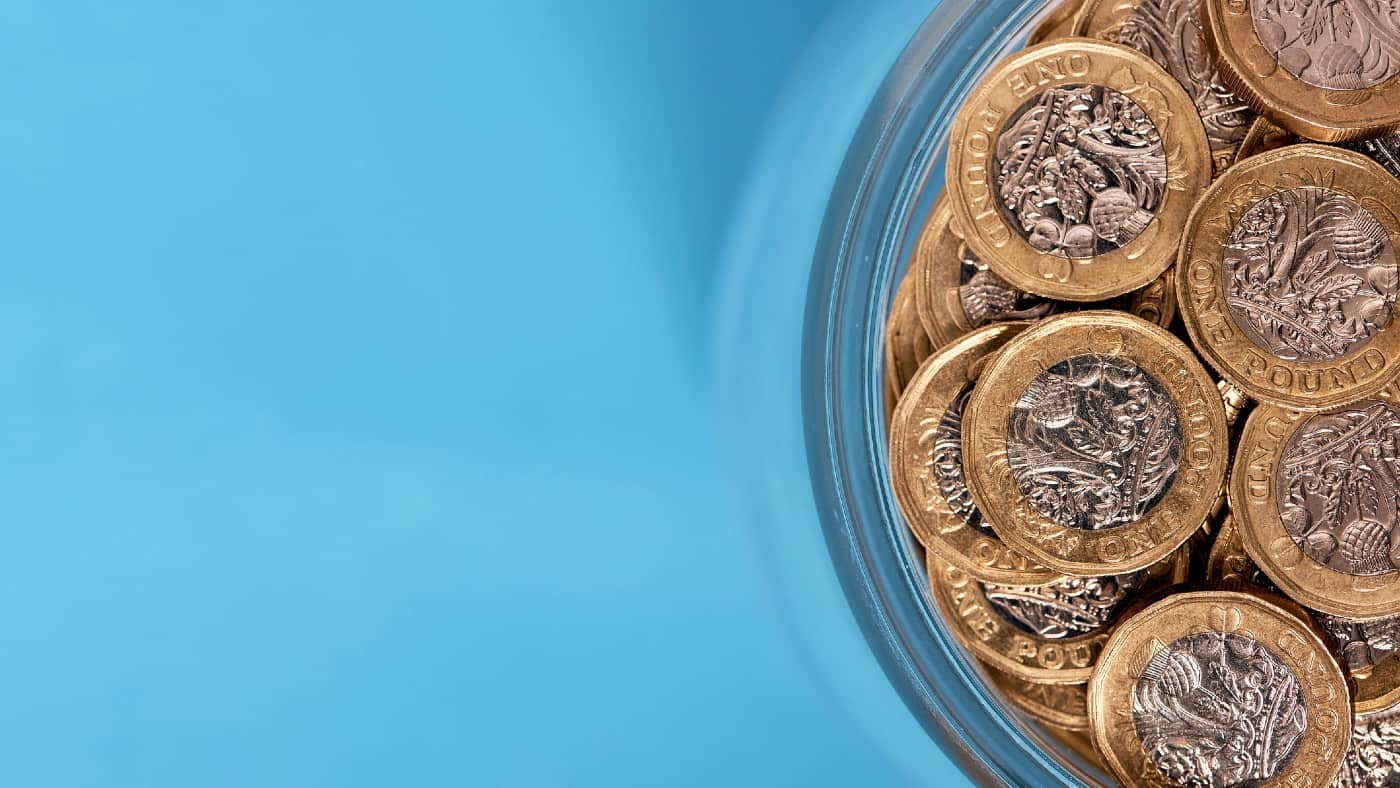In recent months, we’ve seen the interest rates offered by cash savings accounts rise. As good as this is for anyone with money in the bank, I’d still prioritise buying dividend shares for the passive income they give off.
Cash ain’t trash…
Let me be clear. By saying I prefer dividends over cash, I’m not ignoring the benefits that come from having some of the latter.
Put simply, cash offers a degree of security that other assets can’t. When I go to bed at night, I can be sure that the amount in my savings account will look identical to what it was the night before.
This fact is deeply reassuring given the tricky economic times we live in. Should an unexpected bill arrive on my door mat today, a cash buffer will allow me to pay it. That’s why I’d never think of investing a penny if I didn’t have a few months of expenses already in place.
Notwithstanding this, it’s also a fact that any money left in the bank will still struggle to retain its value, due to rampant inflation.
Sure, the recent cap on energy bills announced by Liz Truss will help to reduce the damage somewhat. However, I don’t think we’re about to see that all-important number fall down to the Bank of England’s targeted 2% in a hurry.
This means even the best-paying savings account — currently offering 2.5% — isn’t all that great in the grand scheme of things. It’s fine for an ’emergency pot’ but that’s about it.
Fortunately, this is where dividend shares come in.
… but dividend shares could make me richer
Right now, it’s pretty easy to find stocks returning twice or three times as much as a savings account. Some companies have forecast dividend yields even higher than this! At the time of writing, housebuilder Persimmon and mining firm Rio Tinto boast double-digit cash returns.
It gets better. Assuming I already have that emergency cash fund in place, the passive income I receive can then be reinvested back into the market at a time when many companies are trading a lot lower than they once were. Theoretically, the more shares I accumulate, the more passive income I should receive over time.
Stretched out over many years and thanks to compounding, it’s not hard to imagine how this virtuous cycle could lead to a large nest egg and perhaps early retirement.
Risky business
Despite their greater appeal to Fools like me over holding cash, dividend shares aren’t devoid of risk. Companies can and occasionally do pull their returns to investors if trading is suffering. In fact, we could see this happen more and more frequently in the months ahead as a recession takes hold.
Even if most companies don’t cut, their share prices could continue falling. So I could still be registering a capital loss on paper for a while, regardless of any income I receive.
This is why it makes sense for me to have a bunch of stocks generating passive income rather than just one or two. Moreover, these should come from multiple sectors. It’s incredibly risky to buy stocks in, say, housebuilding firms and nothing else because I’m reliant on just one sector’s performance.
And that’s just not the Foolish way.








